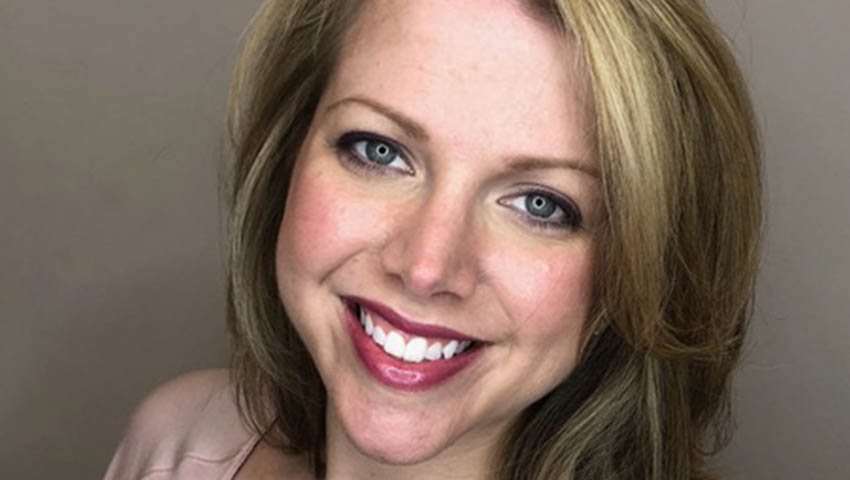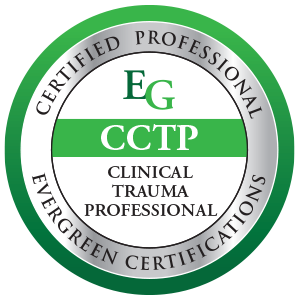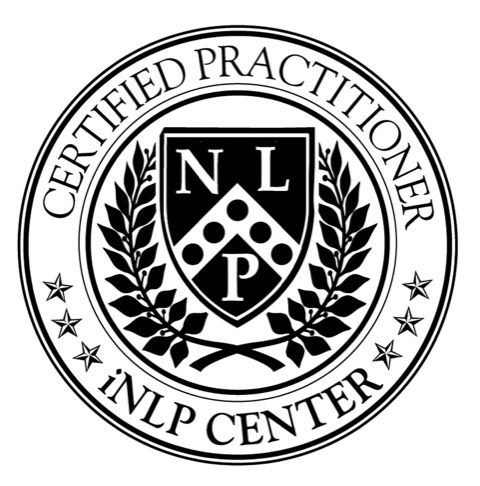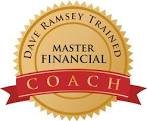Alcohol and Drug Addiction Therapy
Addiction can be difficult for both the addicted individual and their surrounding family and friends. Whether it’s for yourself or a loved one, finding the resources, treatment, and counselor for drug or alcohol addiction is crucial. To find therapy for addiction in Richmond, Virginia, reach out today. I can help you through the difficult process of battling addiction to get you back to your best self.
What Is Addiction?
According to the National Institute on Drug Abuse, addiction affects 22.5 million Americans over the age of 12, which is approximately 8.5 percent of the population. Alcohol or drug addiction is a serious, chronic disease characterized by physical and emotional substance dependence and compulsory behavior. It can be debilitating to one’s family, social, and work life.
One of the most difficult aspects of drug or alcohol addiction is that it leads to relapsing behaviors. While addiction begins with the frequent and over-indulgent use of alcohol or drugs, the effects go beyond the amount of usage. Prolonged substance abuse can alter the chemical balance in the brain and body, which leads to a vicious cycle of addicts seeking the emotional and mental rewards from the substance. The repeated usage of the substance creates a pattern of addiction that can be difficult to break free of.
Signs of Addiction
Depending on the type of addiction, there can be various signs that let the user and others around them recognize the addiction. These symptoms of addiction are both physical and behavioral.
The outward, physical symptoms of addiction can include:
- Extreme weight loss
- Skin covered with scabs or open wounds
- Illness, shaking, or other signs of sickness during periods of withdrawal or non-usage
The outward symptoms, however, are not always a reliable way to assess if someone is addicted to a substance. Alcohol and drugs can affect people differently, with some individuals not exhibiting any outward symptoms. There are also high-performance addicts who are able to function normally in their everyday lives and conceal their substance abuse.
The behavioral symptoms can also be telling of whether someone is addicted. As the substance alters the chemical composition of the user’s brain, it eventually can lead to altered behavior. Such behavioral symptoms might include:
- Irritability, anger, or emotional outbursts
- Reduced ability to function
- Excessive lethargy
- Over agitation
- Lying and manipulation
- Stealing from personal acquaintances or businesses
Users with addiction problems might recognize one or more of these physical and behavioral symptoms in themselves. Self-recognition is a key step in moving forward to the process of rehabilitation. For loved ones, these symptoms can be an indication that the user needs help to take the necessary steps toward full recovery.
Types of Addiction
There are many types of addiction that vary by the substance, and it’s important to note that addiction can pertain to both legal and illicit substances. Sometimes, individuals seek out illicit drugs that they become addicted to. At other times, individuals are prescribed a medication for another issue, such as chronic pain, and their prolonged use of that medication leads to addiction.
What defines addiction is not the legality or lack thereof of the substance itself but the user’s dependence and compulsory behavior in the face of negative consequences.
Addiction Counseling
An addiction counselor can help the person with substance use disorder throughout the entire rehabilitation process, from speaking with them during initial stages of withdrawal to establishing short and long-term goals that will help the recovering individual stay on the path of recovery. These guides can be crucial since addiction can lead to fears, anxiety, uncertainty, and stress for the recovering patient.
Furthermore, an addiction counselor can help the individual discover the underlying causes that led them to seek substances in the first place. By getting to the root of the addiction, a therapist can help the patient find the solutions that will work best for them to stay drug or alcohol-free.
Find the Right Addiction Therapist Today
If you’ve been searching for an “addiction therapist near me,” you’ve come to the right place. I treat all of my clients with respect and seek to offer as much support as needed to help you or a loved one start the path to full recovery. Contact me today to schedule an appointment and get the help you need for yourself or someone you care about. I am here to help.





